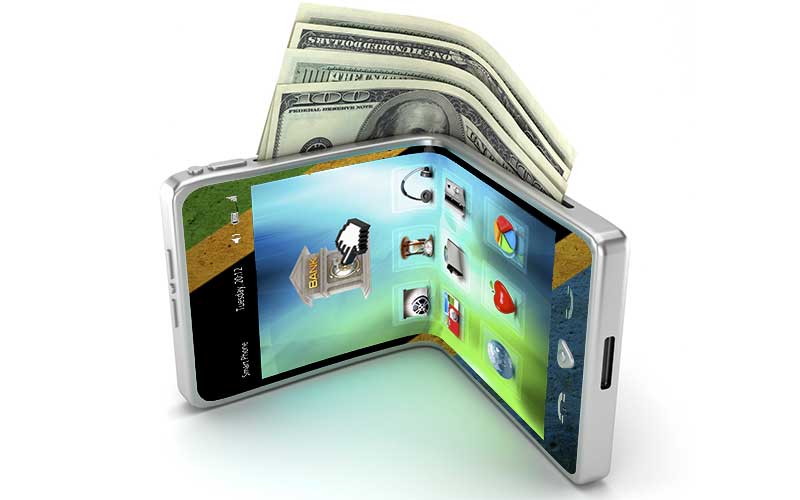Tanzania`s vast geographical boundaries and mobile phone penetration among its demographics have attributed to a shift of many Tanzanians from traditional cash transactions to emerging mobile payment solutions.
Mobile solutions are being used to send money home, facilitate informal business transactions, pay bills, or buy pre-paid electricity. Notably, low-income people, especially in the rural areas, find value in remote digital payment solutions.
According to the second National Financial Inclusion Framework 2018-2022 (NFIF2), mobile payment solutions have contributed to an increasing number of adults in the formal financial systems, from 58 per cent in 2013 to 65 per cent in 2017.
The framework further asserts that the combined efforts between the government and the private sector are a main factor for the upsurge in financial inclusion.
The World Bank also maintains that the inclusion of people in the formal financial system will enable communities, especially businessmen to access financial services with ease, at an affordable cost and according to their needs to achieve their goals.
The first phase of the National Financial Inclusion Framework (NFIF1) plan focused on improving accessibility of financial products and services that meet the needs of individuals. Whereas the current framework focuses on achieving the financial inclusion vision through the usage of financial products and services that address different business and individual needs.
One of the key drivers of usage is relevance of financial products and services that are being offered to the customers. Digital financial services providers like Vodacom Tanzania are driving unprecedented changes in the country`s fiscal system; by creating point solutions to very specific problems in the community that enable people to manage their money tensions. New digital financial products are being rolled out to provide customers with new methods of using the existing services in the formal financial system.
Recently, Vodacom Tanzania in partnership with TPB Bank launched a new and unique service called M-Koba , an innovative solution tailor made to offer a sustainable digitized platform for the estimated 16 per cent of the Tanzanian adult population (over 4.4 million people). Vodacom and TPB bank have relied on their extensive coverage and distribution network in the country. Both institutions are committed to reach the largely unbanked population to increase financial inclusion, resilience and empowerment through the user-friendly, secure and transparent platform. The platform will also increase the number of formally banked individuals by at least one third and more importantly, reach rural women who make up the largest percentage.
Majority of the targeted population are women, that are registered in over 50,000 village savings and loans groups (VICOBAs) and other informal groups estimated to be over 50,000 that are involved in peer groups savings and lending ecosystems holding savings amounting to Tshs.100 billion ($43.4 million).
By digitizing operations of the savings groups, the M-Koba platform will provide an enabling environment that will promote a culture of saving, practice sound financial management and advance financial inclusion in the country through M-pesa (mobile phone based money transfer, financing and micro-financing service).
Vodacom Tanzania is the largest telecom company in Tanzania with over 12 million subscribers accounting for 32.2 per cent market share. TPB Bank Plc is one of the oldest commercial banks in the country with the government holding an 86.03 per cent stake.
Also read:Mobile money to keep Africa’s banking afloat
